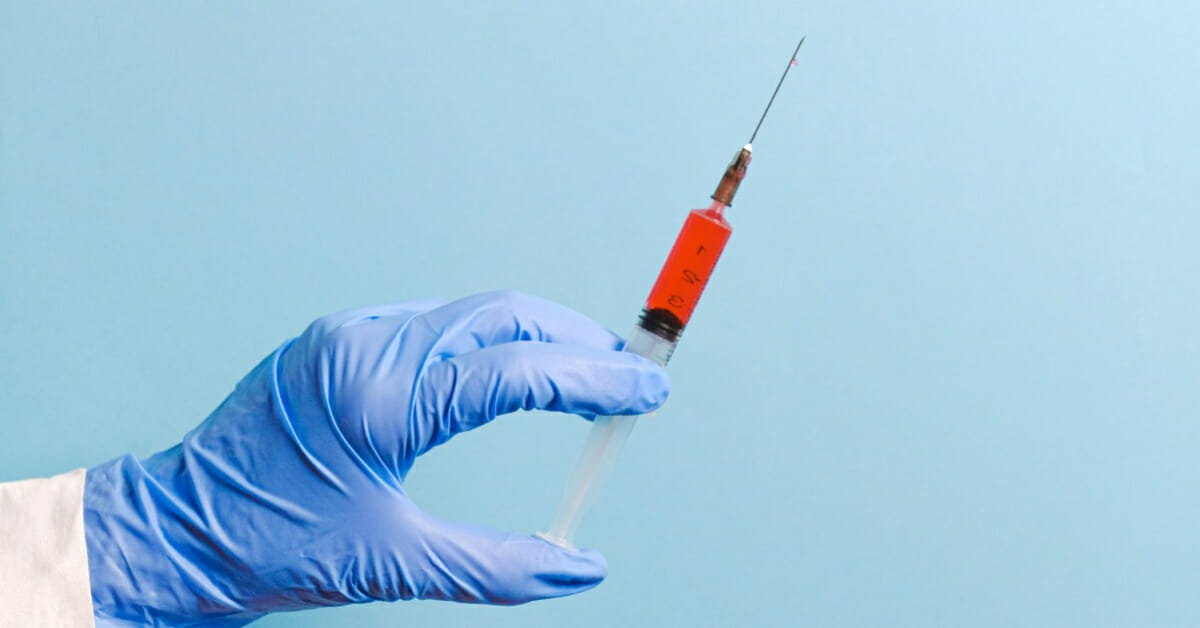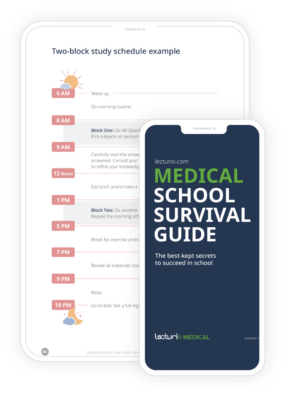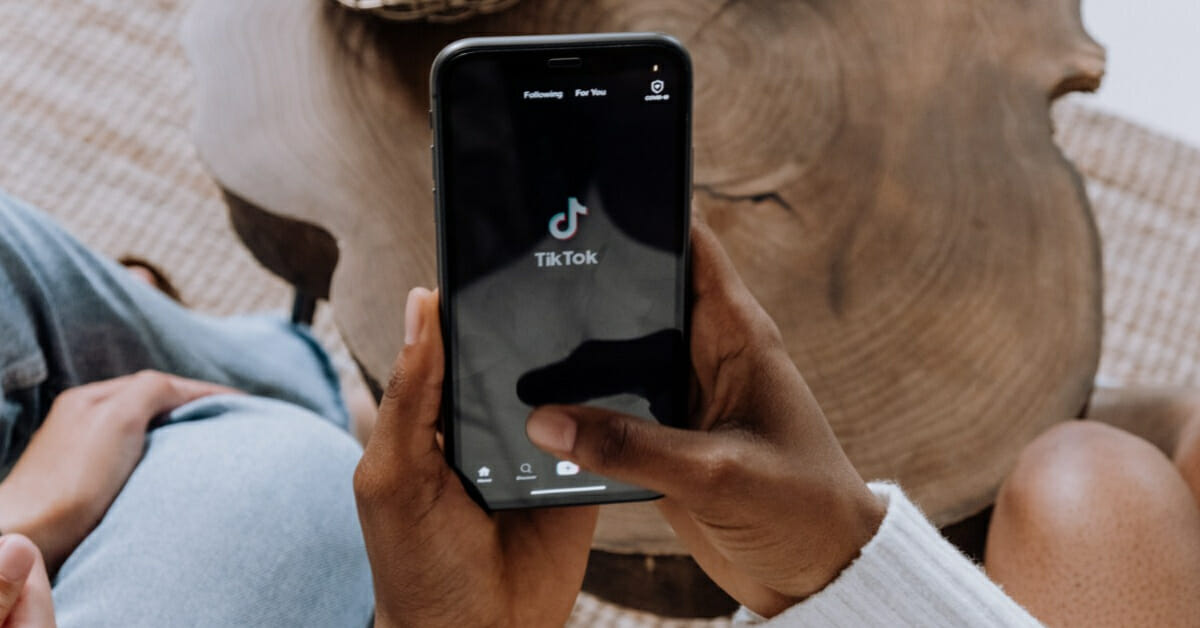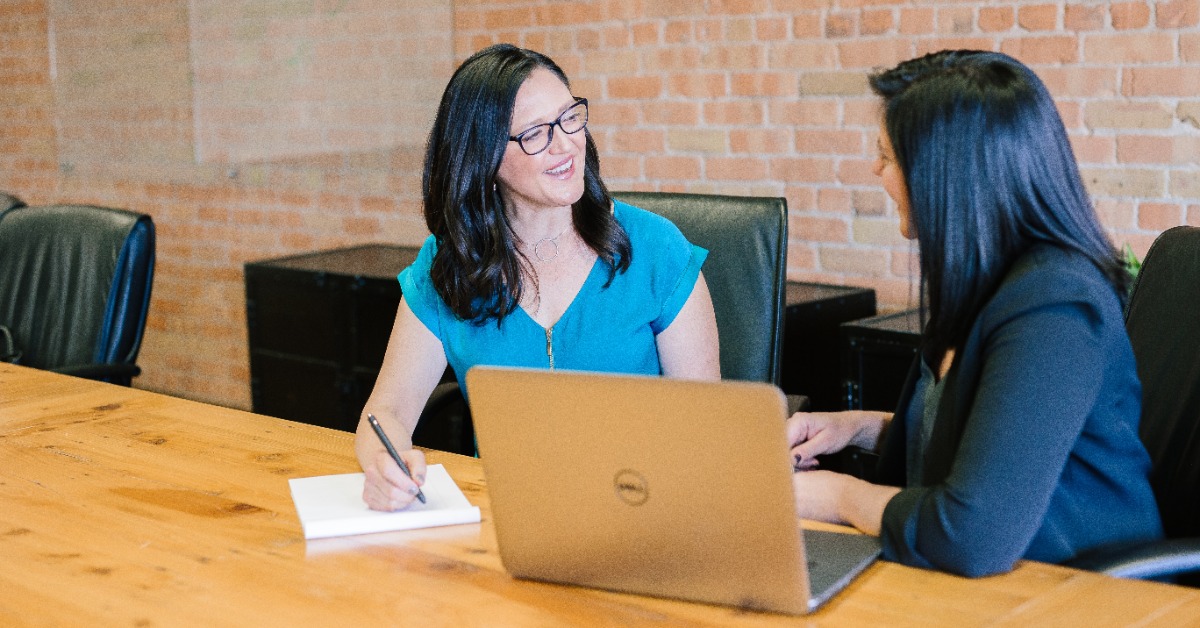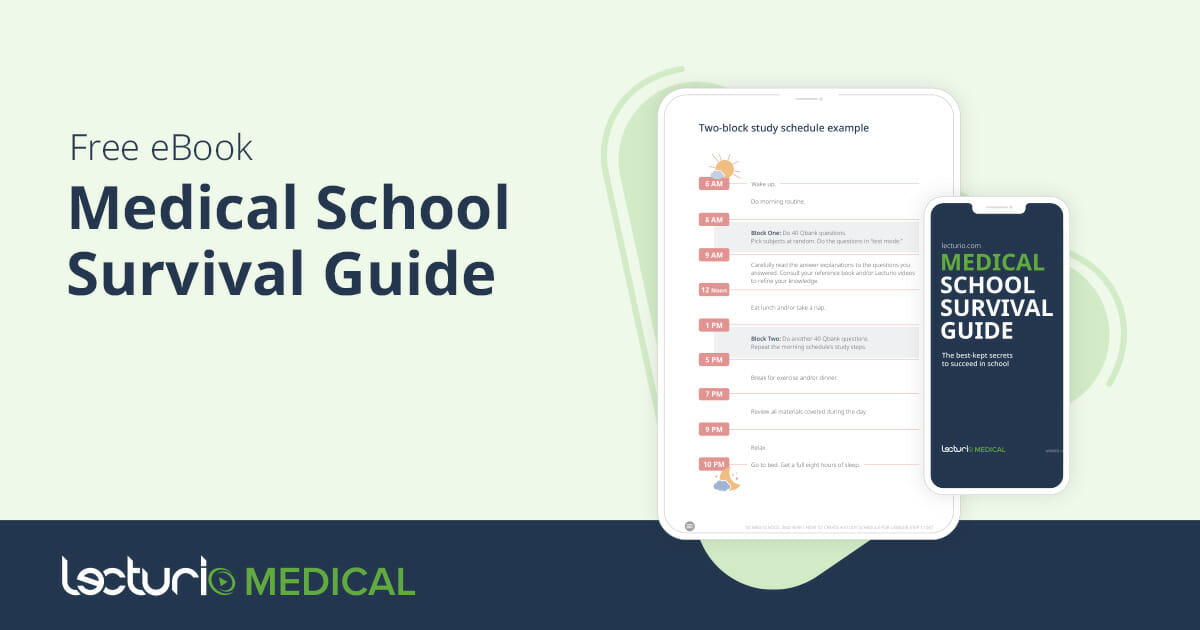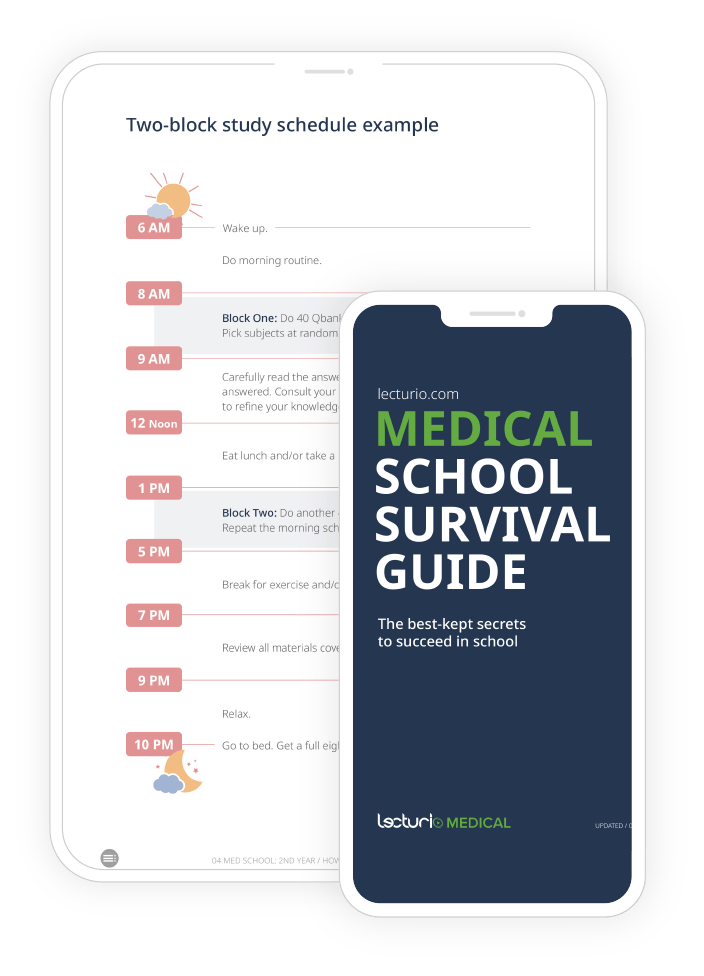Being afraid of blood and needles is pretty common, with about a 3%–4% prevalence in the general population. Blood is supposed to be in the body, so seeing it outside the body tells us that something is wrong. Meanwhile, needles hurt. So it’s natural that we would want to avoid seeing either one. Even the sight of fake injuries in movies can make us feel uneasy. So why is this a problem if it’s something so understandably innate? Because if you’re going to be a doctor, you will be seeing a lot of them.
Although, let’s make this clear: I am still afraid of needles. Even as I graduate and study for my licensure exams, I still feel myself panicking whenever I get a booster shot. But that has never stopped me from doing what I needed for the good of my patients. It may seem trivial for people who don’t have these kinds of fears, but for people like us, it is a big deal. It’s like what they say: “fears kill dreams more than failure does,” and that saying holds true for even the smallest of fears.
What is Hemophobia or Trypanophobia?
Hemophobia is the fear of blood and trypanophobia is the fear of needles in a medical setting. Both of these can be part of what the DSM calls blood-injection-injury phobia (BII).
As mentioned, it’s normal to be afraid of these things, but the key word here is ‘phobia’. Phobias are irrational fears. This irrationality is coupled with the severity of the fears wherein it affects your ability to go on with your daily life. This is even more of a problem when it stops you from doing the things you want to do, like going to medical school.
So how would you know if you have a phobia? It’s when the sight, smell, or even thought of blood causes physical symptoms like increased heart rate, sweating, breathing rate, nausea, shaking, and sometimes even full blown panic attacks along with other physical symptoms. What makes BII special compared to other phobias is that instead of activating your fight or flight response, it can decrease your heart rate and blood pressure.
Another sign that this is a serious problem is that you take extreme measures to avoid it. For example, you might be avoiding any and all outdoor activities, or even doing simple chores at home just to avoid injuring yourself. It may even come to a point when you would stop yourself from helping someone because blood or injuries are involved, and it would make sense that you would avoid the medical field in general. So you may be asking yourself…
Can I Still Go to Medical School if I’m Scared of Needles and Blood?
The answer: Yes. With the right support, mindset, and determination, you can still become a doctor despite your fears. It won’t be easy, for sure. There might be times when your fears stop you from doing your best as a student, or God forbid, treating a patient who needs help. Those are valid and understandable reasons to be hesitant about going to medical school.
In truth, most, if not all students, have something stopping them from going or staying in medical school. Be it phobias, low finances, or the lack of aptitude for learning medicine, there will always be something that will make you think twice. This isn’t to say that phobias are less important than these other problems. My point is that there will always be hurdles, even if you are the best medical student out there.
I always had a fear of needles. As someone with a low threshold for pain, I always avoided anything sharp and pointy. However, this was not something that I could avoid in medical school, even if the idea of simple vaccinations make me want to run for the hills. At times like those, I would remind myself that my dream of helping others as a doctor cries louder than the urge to run away. So, I found people to hold my hand through phlebotomies, IV insertions, and all kinds of injections. Sure, I would still feel afraid, but at least – by the end of it – I had learned something essential in treating my future patients. In time, I know I’ll get used to it.
How to Get Over a Fear of Blood or Needles
It’s not easy to overcome a phobia. You can’t simply be talked out of it with reason because these fears are irrational most of the time. Instead, there are some things you can do to make your experiences in medical school easier to get through.
#1 Know your triggers
People with BII don’t always know their specific triggers. For example, they may be fine with seeing fake blood in movies, but they may faint from a finger prick. So it’s important to try to think about what exactly scares you about medical procedures. Is it really the sight of blood? Is it the idea of cutting into a person during a surgery? Is it only triggered when it’s just you getting blood drawn?
In the same way that naming your emotions gives you control over them, knowing what triggers your symptoms will give you some control over your fears. When faced with your triggers, you can then choose to face it head on or turn the other way. At least in that sense, you’ll get to choose your battles instead of being shocked when things get tough.
#2 Practice relaxation or tension techniques
When you’re scared of something, you’ll feel either very tense or like fainting. In the case of BII, people usually feel like fainting. Thus, relaxation and tension techniques are employed as a coping mechanism. These techniques are best explained and practiced with a licensed psychological professional, but I’ll explain it anyway so that you get a better idea of what it is.
First, you identify your triggers and cues. These involve knowing the situations that scare you and the symptoms you feel. Is it lightheadedness? Increased breathing or heart rate? After you know how you feel, you can pick an appropriate technique that works for you. Slow breathing can be combined with mindfulness, much like a meditation exercise. Another is tensing your muscles, like your biceps, for 5–7 seconds, then relaxing them and letting them drop to the sides.
#3 Have a support system with you
Having people around you can help with coping because it lets you know that you’re not alone.
Fears can feel more daunting when you know you must face them by yourself. In reality, you don’t have to. Knowing that you have a problem and reaching out to other people about it is a great first step to resolving your fears.
Sure, it can be scary to tell people about the fears and make yourself seem more vulnerable than before. For me, I often feel judged when people say, “Why are you afraid of needles? Aren’t you going to be a doctor? How can you treat patients when you’re afraid of the procedures you’re doing?” Honestly, it hurts to hear because these simple procedures came so easy for my classmates. So why was I having such a hard time?
To cope with these thoughts and doubts, I would open up to other people. In a sense, it makes me braver knowing that despite my fears, there are some people out there who will support and accept me anyway. They believe in me when I can’t believe in myself. Maybe, with their help, eventually, I will too.
#4 Practice or exposure therapy
Exposure therapy, in some studies, is actually the most effective way to manage BII. It’s one of the more well-known ways to get over your fears, but it’s also rarely done effectively.
Many people think that simply facing your fears will help you get over them. The fact is that not only will it not work for everyone, it opens up a whole other problem of managing increased stress levels, which not everyone is prepared to do.
If exposing yourself quickly doesn’t work, you can try working on it gradually. Start with feeling pointy things, without drawing blood, and getting used to the pricking feeling. Then, you practice. When I started in medical school, I started with simple prick procedures like capillary blood glucose tests or blood typing. Then, I worked my way towards vaccinating and phlebotomy. I got used to using sharp objects, and when I was ready, I even joined vaccination drives.
#5 Seek professional help
Sometimes, when all else fails or even before that happens, it’s best to look for a psychological professional. When do you know you should look for one? Honestly, once you think you can’t control your emotions on your own, that’s a good indicator that this problem is beyond your capabilities.
Having a psychological professional helps you remove a lot of trial and error and possible ways that your behavior can affect those around you more than it already has. Of course, therapy– even in professional settings– will still be doing some trial and error, but at least you’ll have a more certain direction. It can be scary to admit that you need professional help, but there’s no shame or weakness in it. If anything, it’s a sign that you’re willing to put in more work to make things better for you and your future patients.
Final Words
Fear and doubt will always be there, but so will the people who care about you most. After all, medicine isn’t something you’re expected to get through being scared and alone. Even through my own fears, the people around me taught me that, in a way, it helped my patients. When I would inject my patients who are scared of needles like me, I know that I’m in the best position to empathize and calm them down. Did it help me completely conquer my fear? Well, not completely. But – for now – that’s enough for me, because knowing I could cope with my fears helped me comfort my patients as they face their own.
Because of that, fears aren’t a weakness. In fact, coming to terms with them can be your biggest strength in medicine. That goes for any hesitation and doubt you have about a medical career. So, go for it! Doctors aren’t where they are because they had no fears– it’s because they kept practicing despite them.
